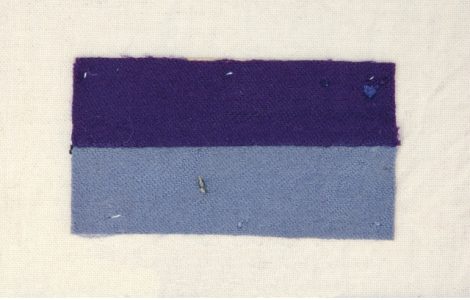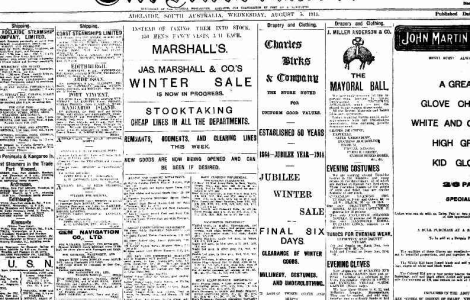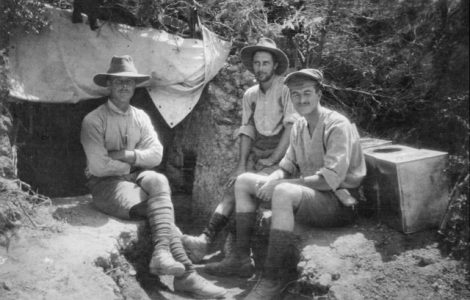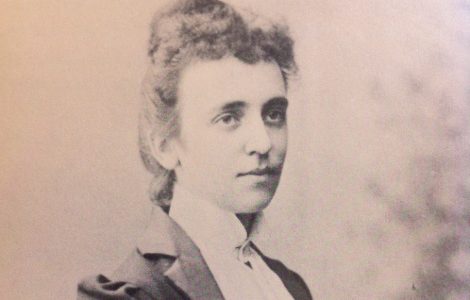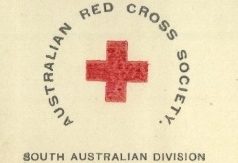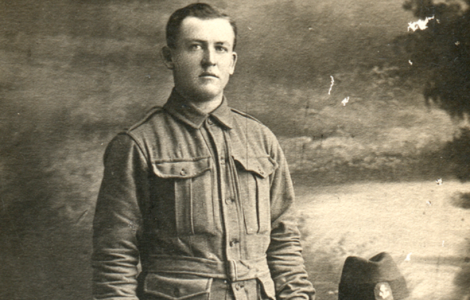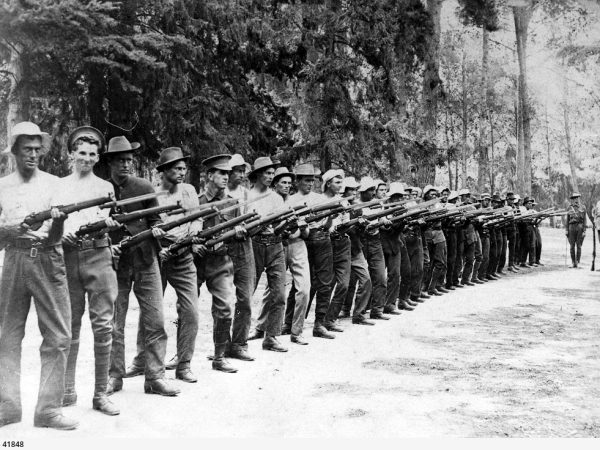

Recruits at Mitcham Camp, 1916 image courtesy State Library of SA B-41848
Glossary Terms
People
Churchill-Smith, James, Hughes, Billy, Terrell, Frederick Leopold, Cooper, Ethel, Avery, Louis Willyama
Organisations
Advertiser, 10th Battalion, South Australian Red Cross Information Bureau, 50th Battalion
May, 1916
When we left them at the end of April, the 10th Battalion had arrived in France, whilst our other soldier correspondents were still in Egypt, engaged in defending the region against Ottoman forces and training in preparation for deployment to the battlefields of Europe.
IN EGYPT
Leo Terrell’s diary begins with the statement ‘6000 Indians, 1900 British have been taken prisoners in Mesopotamia’. He is referring to the battle of Kut-el-Amara in modern-day Iraq, following which in fact around 13,000 Allied troops surrendered to the Ottoman and German forces after a five month siege. These events were reported in the papers at home, as well. Obviously, this was another major setback in the war in the Middle East.
Terrell seems to be more satisfied by army life, despite an outbreak of hives and having to have his clothing fumigated against ‘the vermin’. He has been transferred to a signals role and is enjoying the challenges of training and drilling. James Churchill-Smith’s diary reveals that he and the rest of the 50th battalion were kept busy with more training, and indeed, they spent time in frontline trenches in Egypt towards the end of the month. But the photograph of his ‘dear Kate’ she sent seemed to be his main distraction.
Meanwhile, poor Lou Avery, who was evacuated from Gallipoli in September 1915 was still recovering in hospital in Egypt; not well enough to rejoin his battalion, but not sick enough to be sent home. His only entertainment for the month seemed to be the ‘ladies of the harem’, visible from his hospital window.
IN FRANCE
By contrast, the men of the 10th Battalion had a dramatic month in France: on 19 May, their billets were fired upon and two were killed and seven others were wounded. Those who were wounded were assisted by Sgt Inwood and Capt Hamilton, who ‘at great personal risk ran to the assistance of the wounded men and carried them to shelter – their brave action no doubt saved the lives of the wounded men.’ Late in the month, they were ordered into the trench lines.
MISSING: THE RED CROSS INFORMATION BUREAU
During May the Red Cross Information Bureau received a letter from Mrs Hector Sumner, who was seeking information about her brother, Pte R. W. Carter. Private Carter, an Aboriginal soldier, had sailed with the AIF in September 1915, only writing home once, letting his family know that he was in hospital in Egypt. But with no further news, Mrs Sumner sought assistance tracing him. We can imagine the anguish felt by the young soldier’s mother when she was asked to send her son’s letter to the Red Cross to assist them in their investigation: ‘we would like you to kindly return it if possible, as it’s the only one received from him…’ By month’s end, there is no news. That same month, there was no further correspondence from the Bureau relating to Sgt Alderson, missing since May 1915; his family was still in limbo. We know they suspected the worst, but they had no certain information.
HEADLINES AT HOME
Meanwhile at home, reports in the Advertiser show that there was still significant anti-German feeling, with stories about a German street name in Kingswood being defaced, and news that the public service would no longer appoint people of German heritage while there were people of British heritage out of work. Conscription continued to be a hot topic, with enlistment numbers continuing to fall below the necessary levels. Nonetheless, new recruits from Mitcham army camp (which had been open for 12 months) paraded through the streets of Adelaide and the 43rd Battalion were farewelled on 19 May. Fundraising continued with various events and a number of motor ambulances were donated to the war effort by the Wattle Day League.
There was also a story about bakers engaged in price gouging and moves to prosecute them. Wartime shortages combined with poor harvests had made wheat a much sought-after commodity, but this was nothing compared with what has happening in Germany, where Ethel Cooper reported that there were riots in the streets over rationing and the price of food.
With hindsight we know that the Australians would suffer horrendous losses on the battlefronts of Europe in the coming months and, with Prime Minister Billy Hughes’ continual efforts in England to assure the British Government that the AIF commitment would continue, it was clear that recruitment and conscription would continue to be hot topics.


